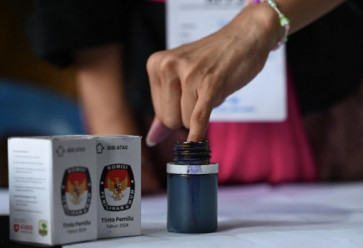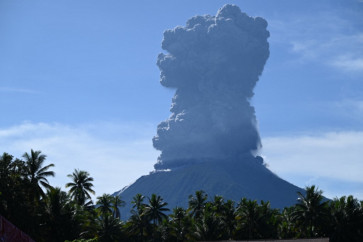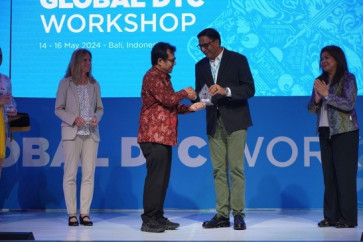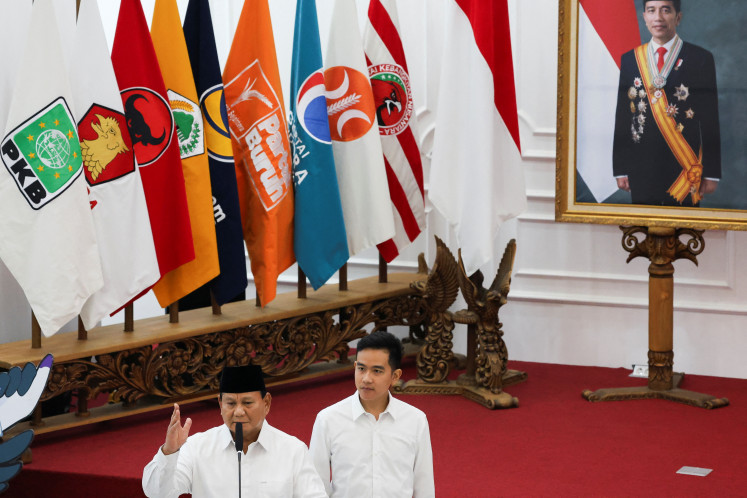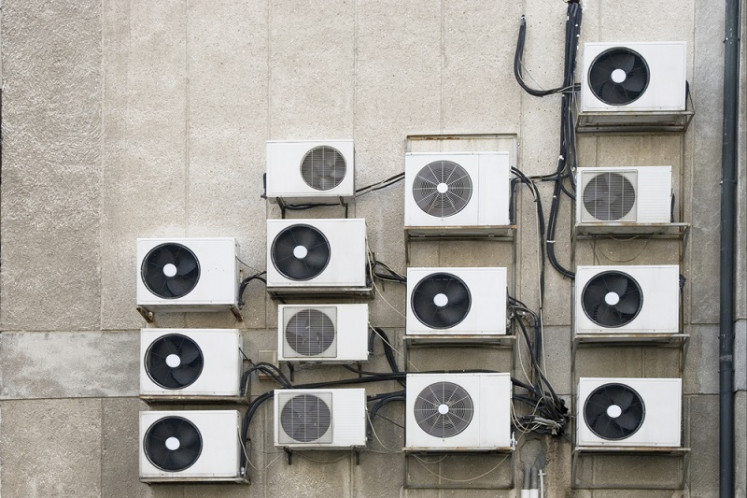Maintaining Indonesia's 'independent and active' vaccine diplomacy
The "Bebas Aktif" principle that underlines Indonesia's foreign policy approach plays a large part in how the country contributes to and facilitates equitable vaccine access around the world.
Change Size
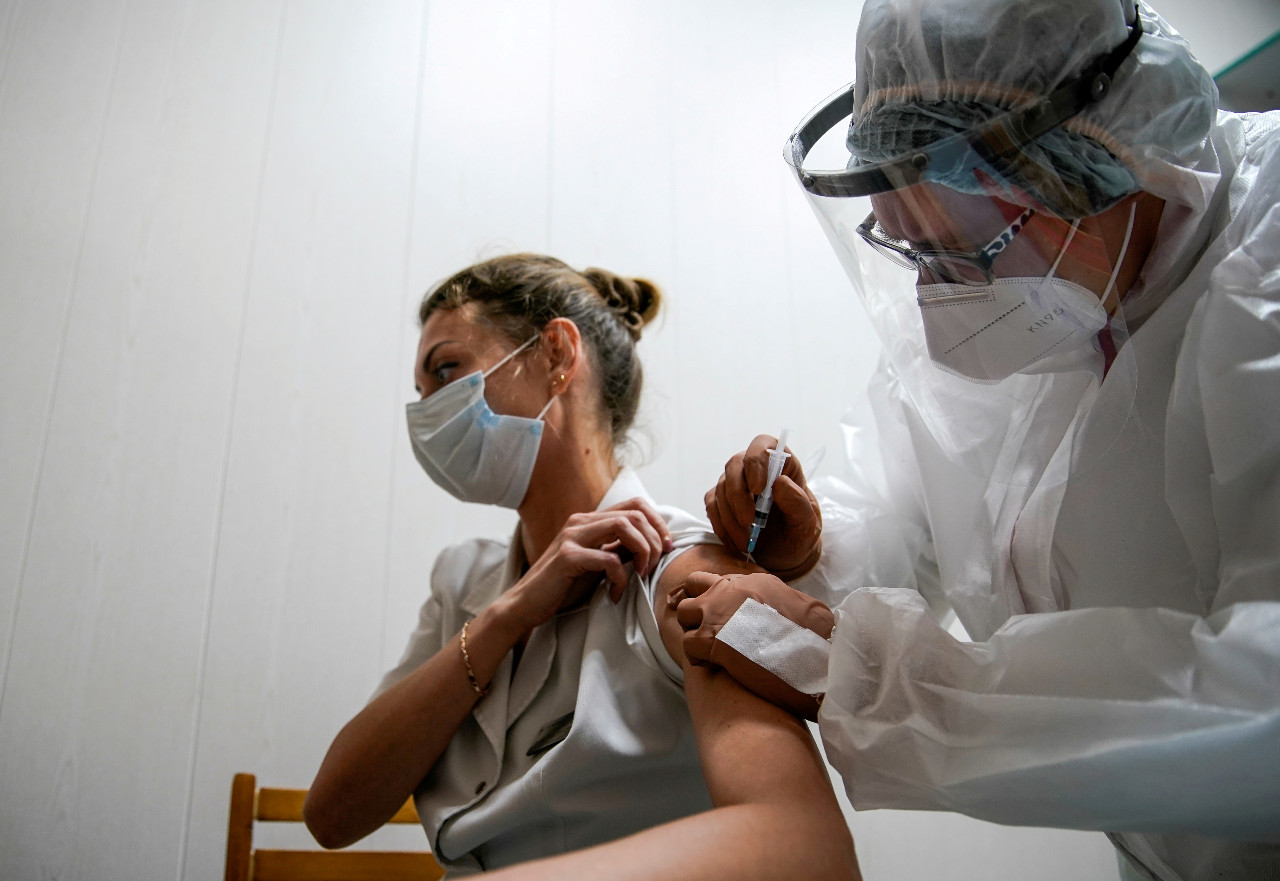
I
ndonesia’s COVID-19 vaccine management shows its “Bebas Aktif” (independent and active) foreign policy principle at work. The doctrine is the key guideline for the conduct of Indonesian diplomacy. This is evident as Indonesia tackles the pandemic at all levels of engagement: bilateral, regional and multilateral.
The doctrine’s core values have unfolded in Indonesia’s COVID-19 response as it maintains balance between protecting the national interest and contributing to world peace and prosperity. Indonesia has procured its sorely needed vaccines in an equitable and transparent manner while at the same time, ensuring public health through its mass vaccination program.
The pandemic has left the world with no choice but to work together, and this includes ensuring that every country enjoys equitable vaccine access. Vaccine nationalism, therefore, is incredibly shortsighted.
As President Joko Widodo stressed last year during the 75th UN General Assembly, “No one is safe until everyone is.'' Only if everybody shares this principle can the world promote vaccine multilateralism and ensure that every country benefits equally from the technology.
In line with this doctrine, Foreign Minister Retno Marsudi, a cochair of the COVID-19 Vaccines Global Access (COVAX) initiative, has emphasized that partnership at the regional and global levels is key to bridging critical gaps in health technology between countries. A global network of health industries and pharmaceutical companies could address vaccine shortage.
Indonesia has also contributed funds to the Coalition for Epidemic Preparedness Innovations (CEPI) for global vaccine procurement.
The COVAX Facility was designed to ensure quick and equitable access to COVID-19 vaccines for participating countries of the COVAX Advanced Market Commitment (AMC), regardless of their incomes. Through the facility, the 92 participating economies can obtain vaccine doses to cover up to 20 percent of their population. Indonesia recently received more than 1 million doses of the AstraZeneca vaccine, making it one of the facility’s first recipients in Asia.
The mass inoculation program continues as Indonesia’s infection and fatality rates soar. As of March 16, more than 1.42 million people have contracted the virus and more than 38,500 Indonesians have succumbed to the disease.
The government is striving to achieve its vaccination target by March 2022. In order to strengthen its health industry, state-owned pharmaceutical company PT Bio Farma, which is also a member of the CEPI Investors Council, is collaborating with China’s Sinovac Biotech to produce vaccines locally.
Vaccines are the game changer in curbing the ongoing pandemic. Based on research conducted by the Oxford Martin Programme on Global Development, more than 328 million vaccine doses have been administered as of March 11 to 197 million people, or 2.51 percent of the world population.
Several different COVID-19 vaccine products have been approved and authorized for public use worldwide, including the Pfizer, AstraZeneca, Moderna and Sinovac vaccines. Several other vaccines are currently awaiting approval for global distribution, including vaccines from India and Russia.
Russia’s Sputnik V vaccine is not widely used to date, despite its promising potential with an efficacy of up to 91.6 percent. In order to diversify vaccine sources and to meet the domestic need, Sputnik V could be an alternative for global vaccine shortage, including for Indonesia.
While a few countries are hoarding COVID-19 vaccines, many parts of the world are facing difficulties in securing vaccines for their populations. The Russian government has offered 300 million doses of Sputnik V to the Africa Vaccine Acquisition Task Team (AVATT). This could be strong ground for cooperation between Indonesia and Russia in supplying vaccines to developing countries, especially African countries.
To ensure that the Indonesia-Russia vaccine cooperation adheres to Indonesia’s “independent and active” foreign policy principle, the following conducts must prevail:
- promote transfer of knowledge and reduce barriers to vaccine entry;
- take an open approach to seeing opportunities and take a strategic efforts to suppress and curb the pandemic;
- prioritize open vaccine access in the coming years; and
- establish a win-win solution through business-to-business collaboration on vaccine production with the two governments’ support and facilitation for the Global South.
Indeed, cooperation between Indonesia and Russia is promising for addressing COVID-19. Looking at their Revealed Comparative Advantage (RCA) and Constant Market Share Analysis (CMSA), the two countries have similar industrial patterns in terms of COVID-related products. Most of these products can be classified as having competitive advantage, an empirical indication that COVID-related industries in the two countries are growing.
This potential cooperation could also provide good momentum in strengthening Indonesia-Russia ties in health security. It is also in line with the countries’ future plans to sign a strategic partnership declaration.
Indonesia will and should continue to conduct concrete and effective diplomacy to help overcome the global health crisis. Broader cooperation in vaccine procurement with other countries in the world, including Russia, will embody Indonesia’s independent and active foreign policy principle.
***
The writer is a foreign policy analyst and lecturer at Paramadina University, Jakarta.

